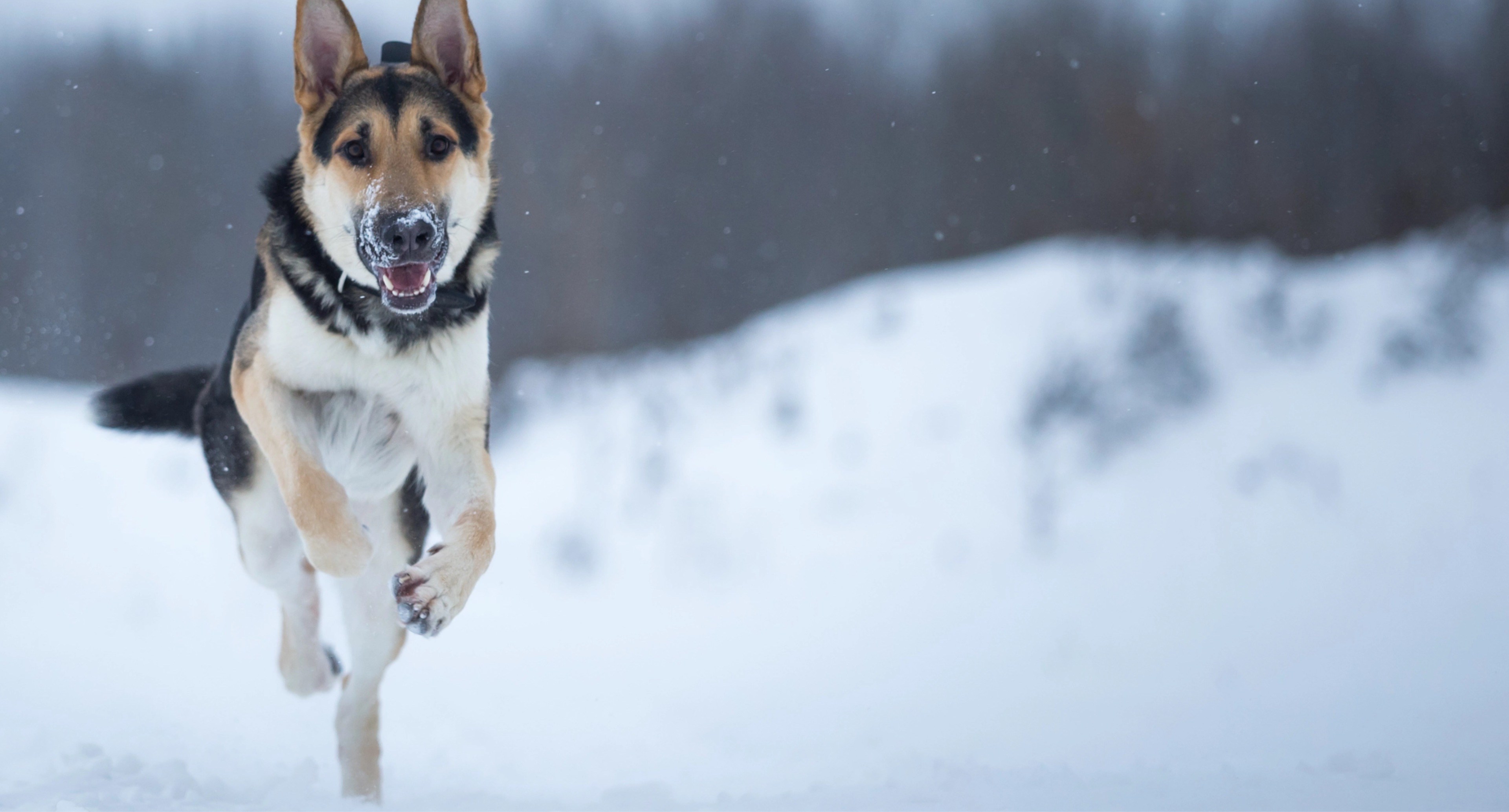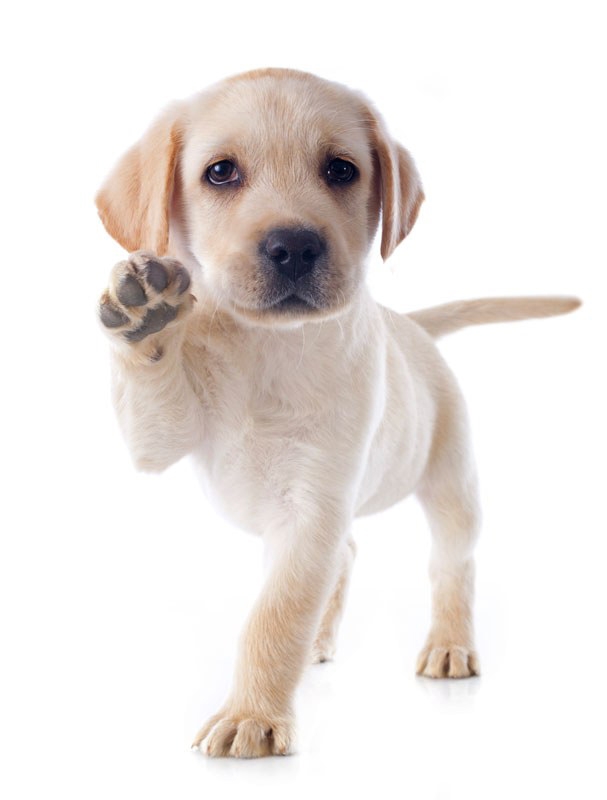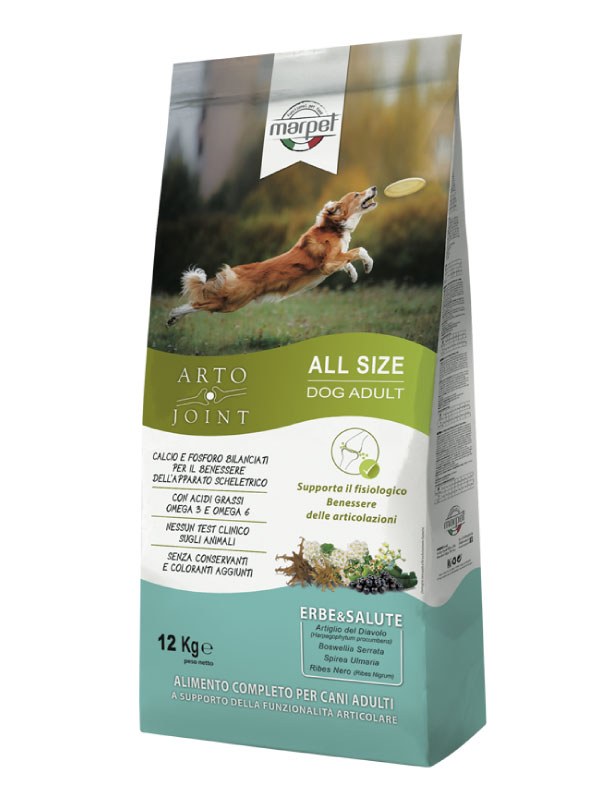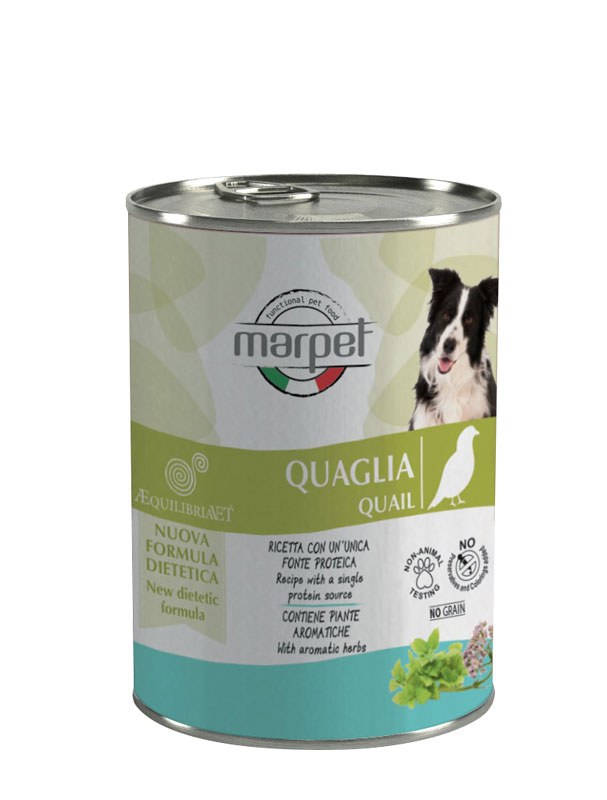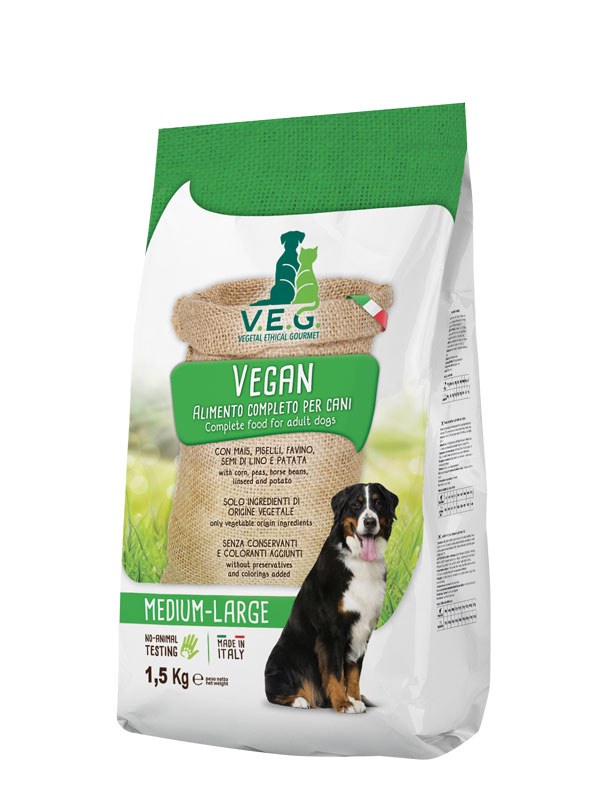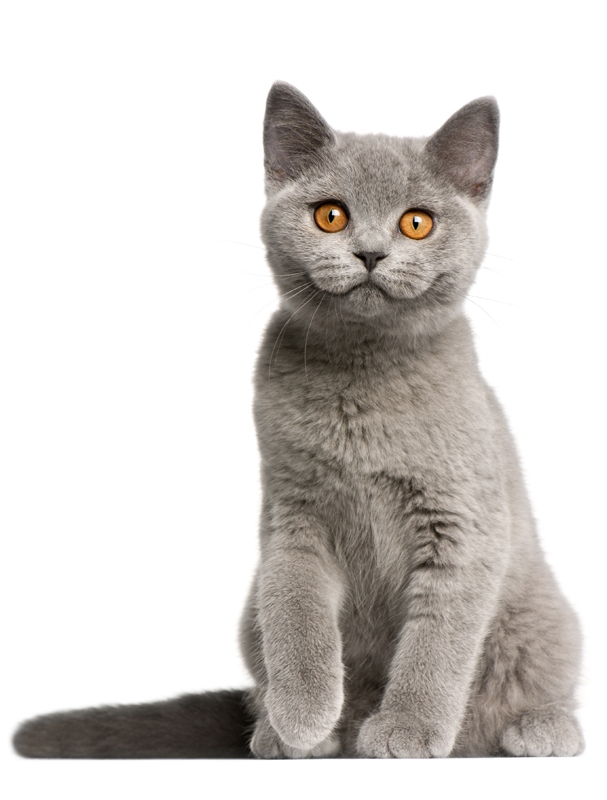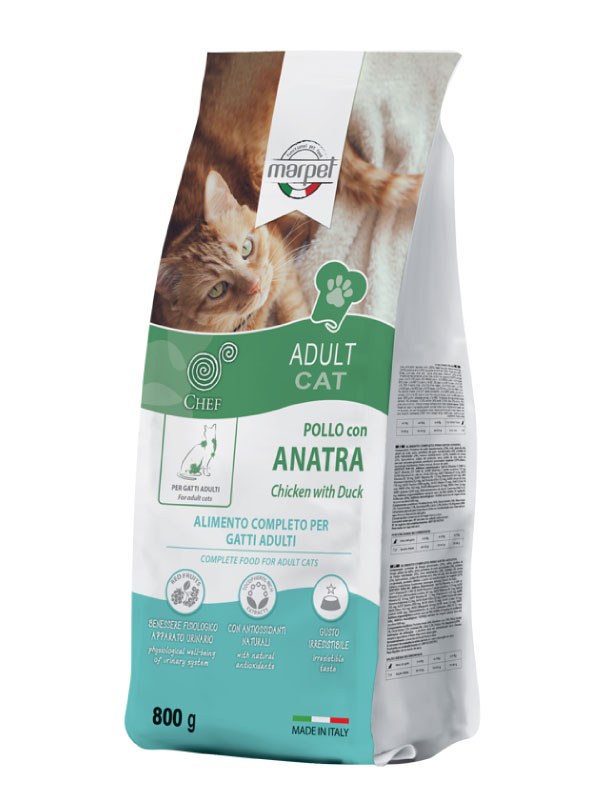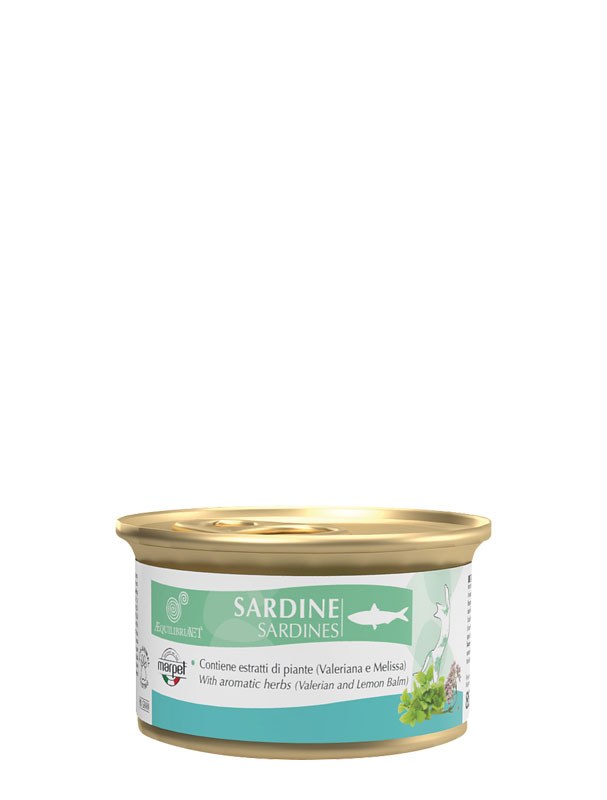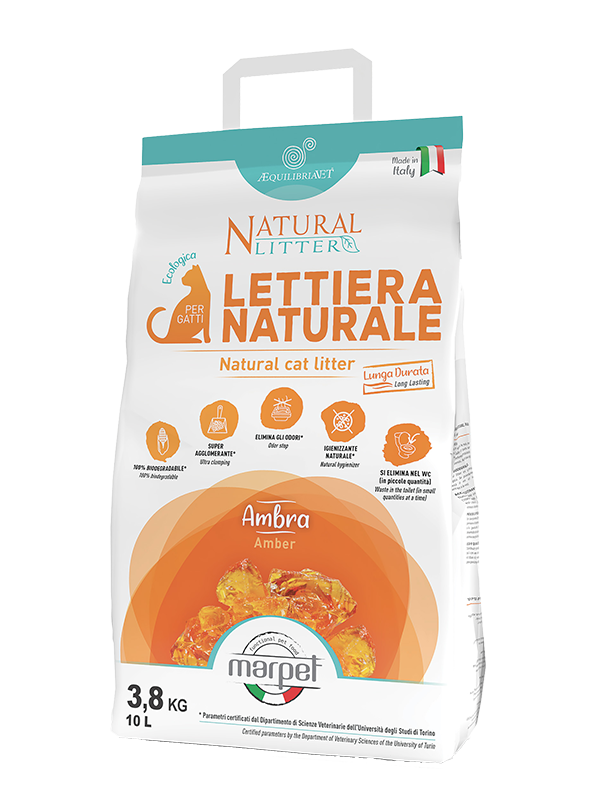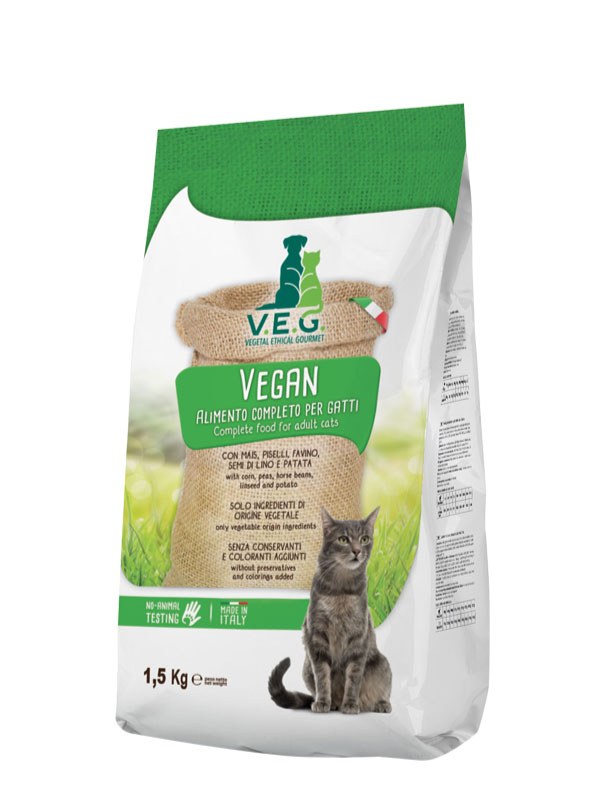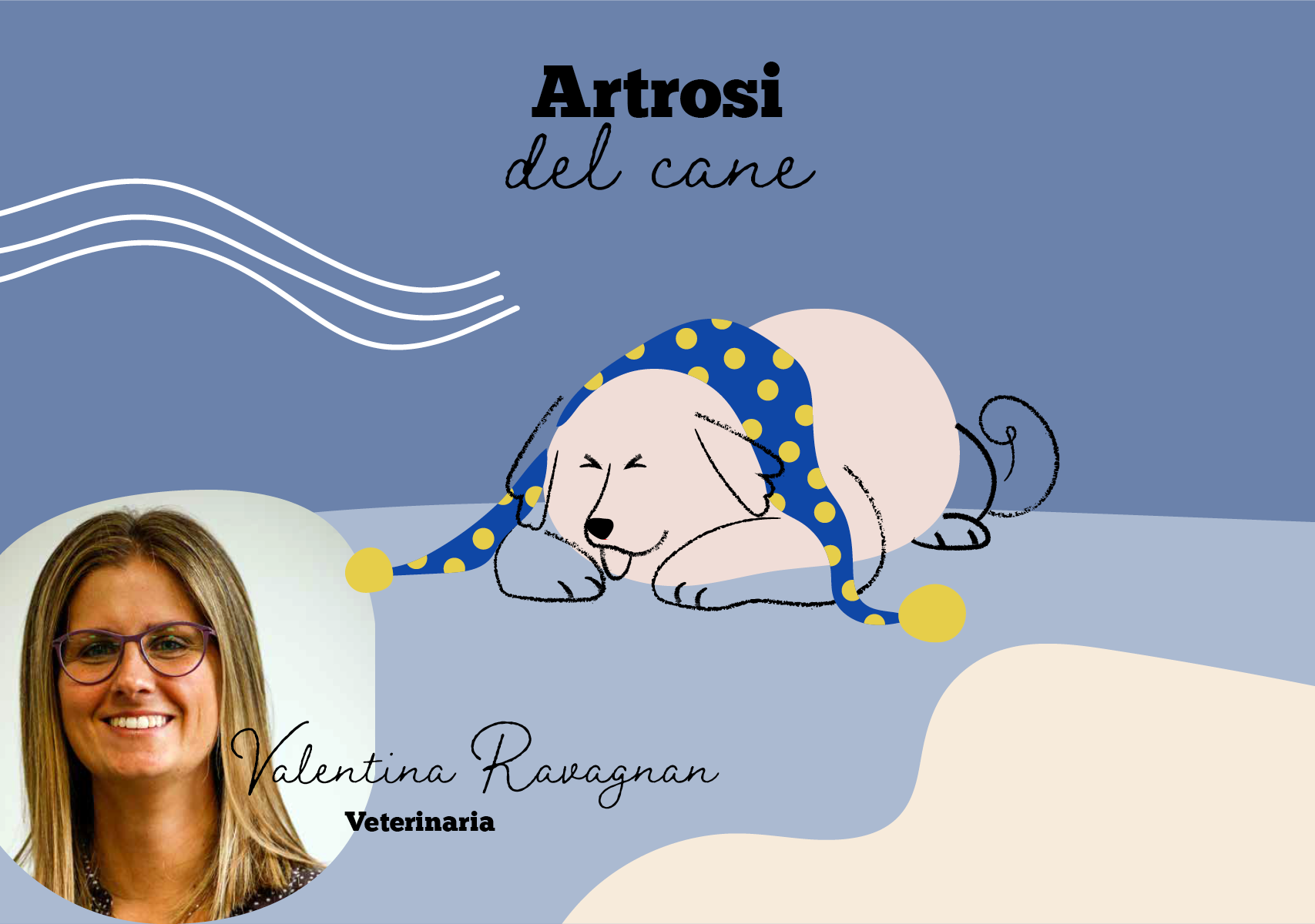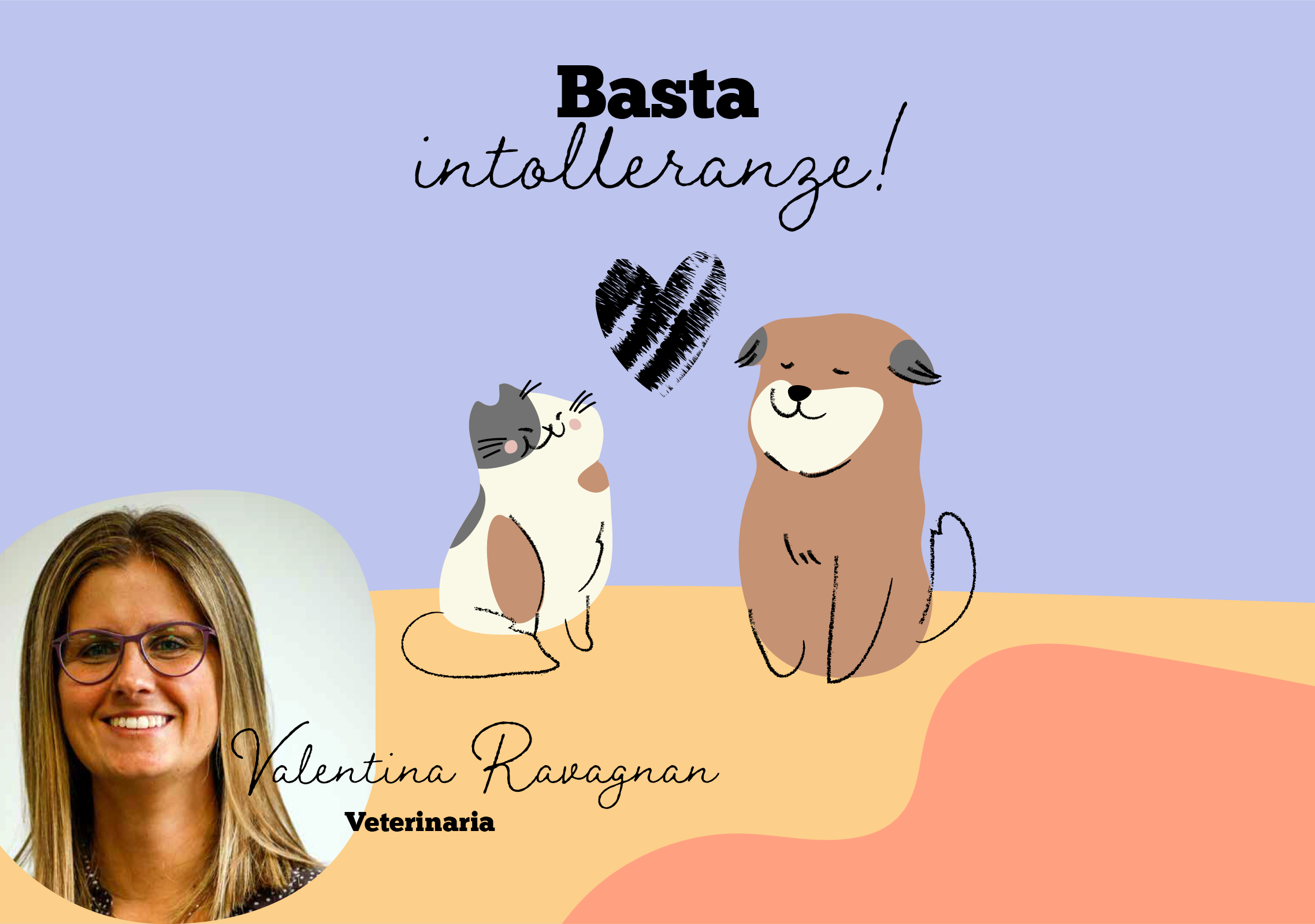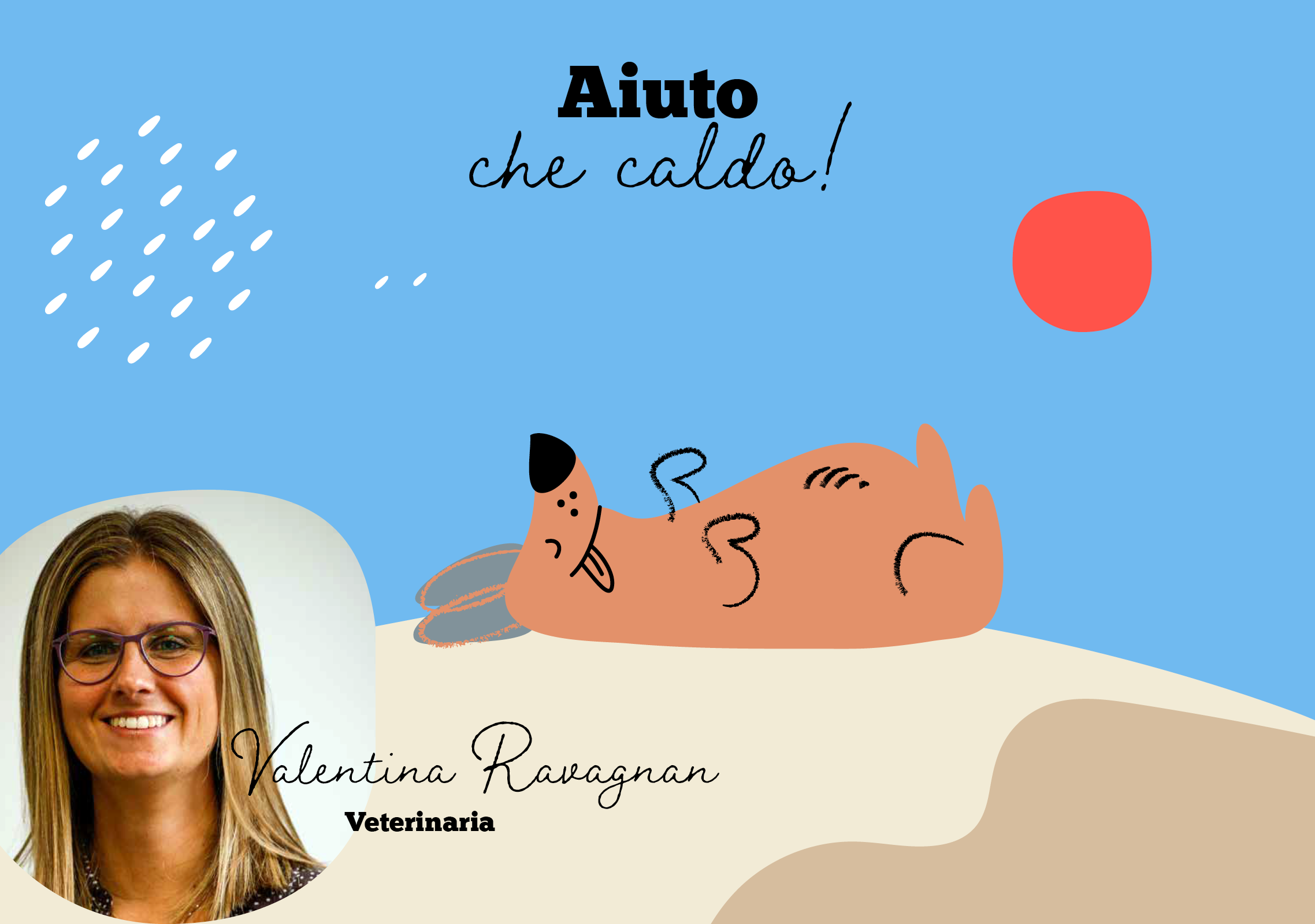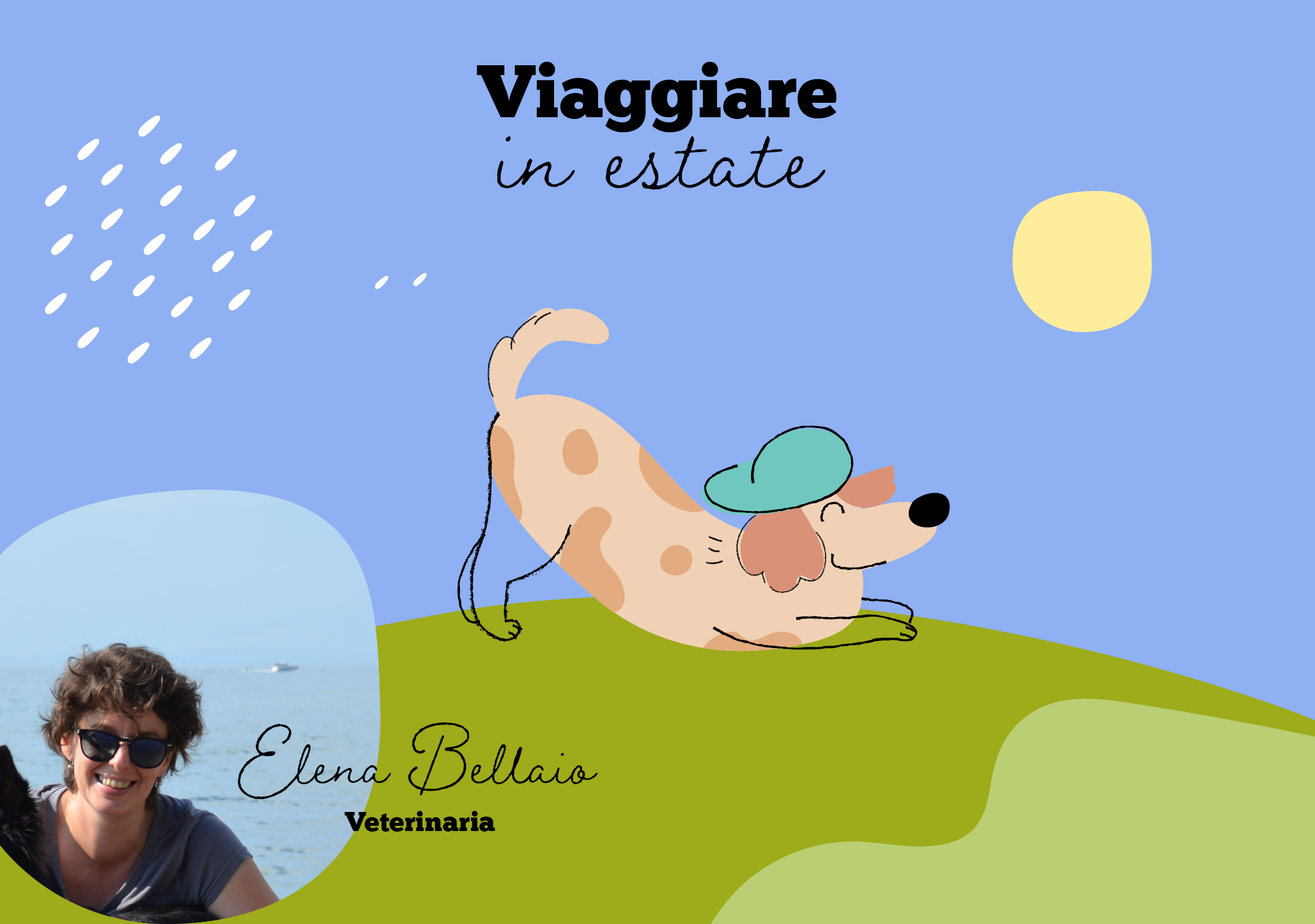CAPRICIOUS APPETITE? WHEN TO WORRY
"My dog doesn't want to eat!"
"My cat approaches the bowl and moves away...".
"My dog won't finish the food in his bowl anymore!"
"My dog sometimes eats and sometimes doesn't!"
These are just some of the situations in which owners sometimes find themselves and which perfectly represent various types of alteration in the appetite of dogs and cats. The lack, reduction of appetite or an alternation of these two circumstances must always be evaluated carefully and according to the species, age, clinical history of the animal and the period in which this symptom manifests itself, together with its frequency.
It should always be remembered that dogs and cats are able to regulate themselves and that a lack of appetite, mainly if it is episodic and for a short period (e.g. for 24 hours), should not necessarily cause concern, especially as long as they have normal daily functions and show vigilant and attentive behaviour.
Sometimes the lack or reduction of appetite may be due to rather trivial reasons, such as a sense of satiety. It is often taken for granted that the dog or cat must eat when it is offered a bowl, but it could also be that at that moment, due to too many "nibbles and snacks" given during the day, they are simply already full. It should also be borne in mind that, increasingly often, our four-legged friends have demanding palates and tend to want to change their food frequently.
Owners do not always have the strength to lay down clear rules in this respect and this inevitably leads to a tug-of-war in which the animal often "wins", being satisfied with the type of food or treat by the owner. In this way, this fluctuating appetite is fed, which may simply be the result of suboptimal dietary and educational management.
Excluding the more frequent and less worrying causes, sometimes a capricious appetite can also occur in particularly hot weather. For example, a sudden rise in temperature, which has not allowed the dog or cat to get used to it, can lead to a drop in appetite or even to fasting for 24 hours. This is why it is important to always put into context the moment when this symptom occurs.
Other more serious causes that need to be investigated include:
- nausea
- mouth pain that prevents eating (gingivitis, broken or damaged teeth, etc.)
- kidney or liver disease
- gastrointestinal pathologies
- infections of various kinds
The most serious diseases are very often accompanied by other symptoms. For this reason, a visit to the vet is always essential in order to correctly identify the cause of the lack of appetite, so as to understand if it is necessary to set up targeted therapies. As a general rule, do not be alarmed immediately: 24 hours of fasting should not cause concern, but if it continues and other symptoms are added, contact your veterinarian.
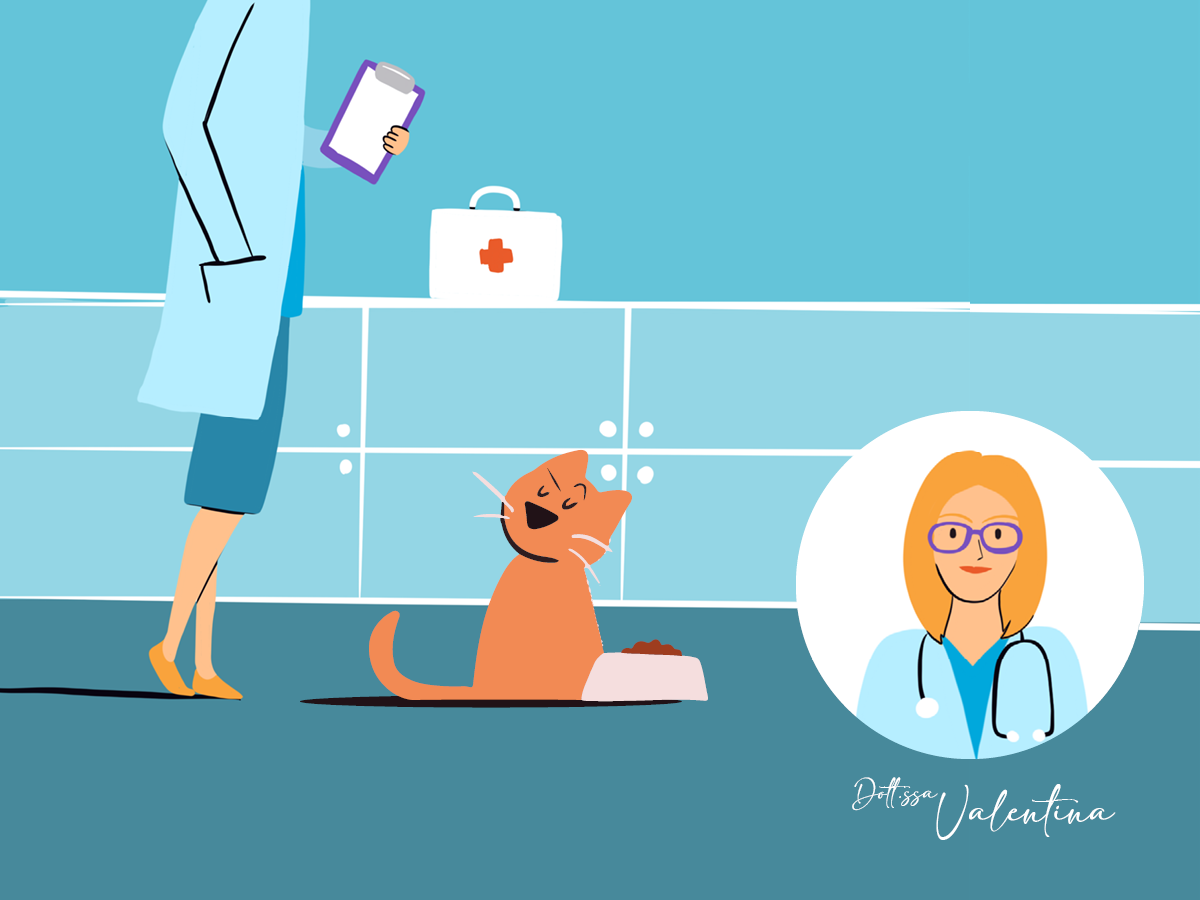
The arrival of autumn and the resulting cold weather is certainly a time of great interest for anyone with a dog or cat, especially if the animal is elderly or suffers from joint problems.
I prodotti monoproteici hanno preso parecchio spazio sugli scaffali dei nostri petshop preferiti. Ma cosa vuol dire alimento monoproteico?
Especially during the hottest months of the year, thermal changes and high temperatures can be really dangerous both for us humans and for our inseparable animal friends. What are the risks of so-called heatstroke? And what are the best ways to prevent its consequences? Let's find out together!
